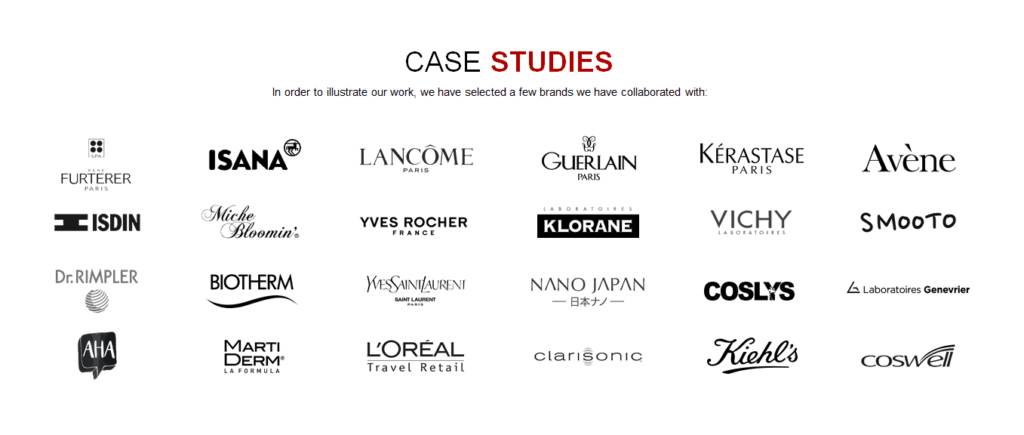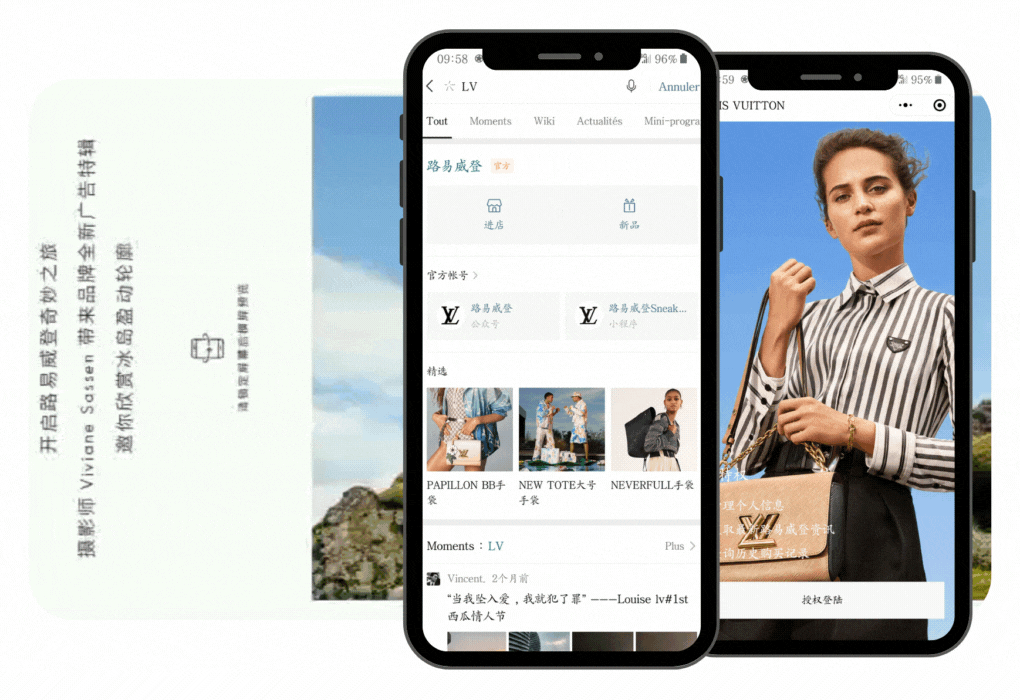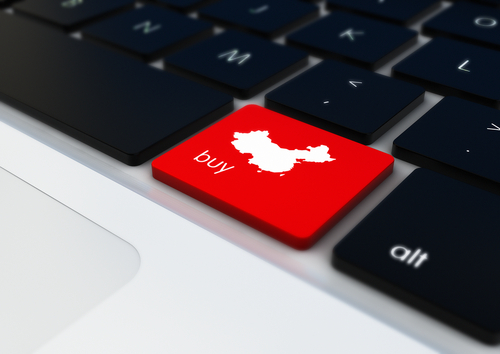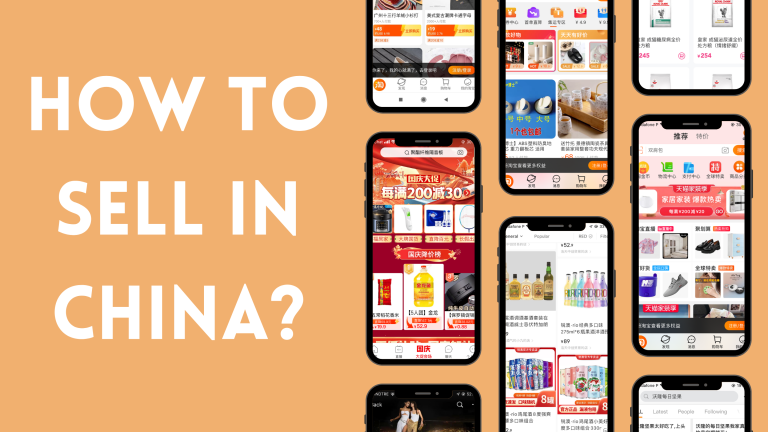In the massive and lucrative market of China, building trust is key to succeeding as a brand. Chinese consumers are generally more skeptical than Western consumers, making it essential for brands entering the Chinese market to establish reliability and credibility early on. Trust is a crucial factor in consumer behavior in China, where customers value high-quality products and good customer service from large companies they see as reliable.
In this blog post, we’ll explore how brands can generate trust among Chinese consumers by understanding cultural values and beliefs, establishing an online presence through localized marketing strategies, fostering relationships with influencers, and adopting corporate social responsibility practices.
Need a cost effective TP (Tmall Partner) to sell in China?
We are an Official Tmall Partner e-commerce Agency. Our Services: E-Commerce, Search Engine Optimization, Advertising, Weibo, WeChat, WeChat Store & PR.
Keep reading to learn how your brand can build trust with Chinese consumers!
The Chinese Consumer Profile
Since China started its “reform and opening” policy in 1978, its economy has expanded rapidly, and most leading international retailers and manufacturers have entered the Chinese consumer market.
Chinese consumer spending and behavior are influenced by cultural values and beliefs, socioeconomic trends, and the reputation and credibility of a brand.
Cultural Values And Beliefs
The Chinese cultural values and beliefs are centered around Confucianism, which values family ties, respect for authority, and moral principles.
The concept of “face” affects consumer behavior, leading to a desire for products that reflect status and wealth while offering value for money.
Luxury brands are popular for their ability to elevate social standing. Social connections also play a significant role in driving purchasing decisions among Chinese consumers.
Also, the growing wealth and Westernized lifestyle of China’s younger generations are driving demand for higher-quality products, creating opportunities for foreign brands.

Socioeconomic Trends Influencing Chinese Consumer Behavior
Socioeconomic trends influence consumer behavior in the Chinese market. These trends play a significant role in shaping consumers’ preferences and decision-making processes.
For instance, China’s rapid urbanization has led to an expanding middle class with increased disposable income.
China’s consumers’ habits and preferences are affected by societal changes in addition to economic factors. Health and wellness have become a priority due to concerns about food safety and environmental pollution.
Online shopping has become popular across all age groups in China, with the influence of digital technology on shopping behavior growing.
The rise of social media platforms like WeChat and e-commerce giants such as Alibaba has changed how people acquire information about products and make purchasing decisions.

Role Of Brand Reputation And Credibility
Positive reviews, testimonials, and word of mouth all play a significant role in building a strong brand reputation and credibility. A good reputation can also give companies a competitive advantage over their rivals.
For example, Chinese citizens tend to prefer local brands due to cultural differences and patriotism. Companies that establish themselves as trustworthy entities within the community have an opportunity to generate positive market perceptions among Chinese people.
Additionally, being involved in corporate social responsibility (CSR) initiatives can help build trust with consumers while addressing important issues such as environmental sustainability or poverty alleviation.
Case Studies Of Successful Brands In China
Domestic brands like Huawei and Xiaomi have been able to achieve widespread popularity and success by understanding and catering to consumer needs in the local market.
These brands prioritize innovation, quality, affordability, customer service, and building strong relationships with key opinion leaders (KOLs) on social media platforms such as WeChat and Weibo.

Successful Strategies And Pitfalls To Avoid
One of the most important things foreign brands should focus on is building trust among their target audience.
Several successful foreign brands have established themselves in China by localizing their marketing efforts, catering to consumers’ unique preferences and lifestyles. However, many brands fall into the pitfall of assuming that what works elsewhere will work in China without adapting their approach.
To succeed in this market, it’s essential to conduct thorough market research and utilize digital tools effectively.
Key Factors Influencing Trust Among Chinese Consumers
Quality And Safety Of Products
Chinese buyers prefer brand’s products that are safe and high quality. Product safety incidents have scared away many Chinese consumers from Chinese companies, leading to an inclination towards foreign brands.
Therefore, it is crucial to prioritize product safety and showcase this commitment through various means such as certifications or endorsements from trusted organizations.
Additionally, emphasizing the superior quality of your products can help build trust among discerning Chinese consumers who place a premium on value for their money.
For example, Xiaomi deliver high-quality technology at affordable prices while maintaining transparency about their manufacturing processes and quality checks.
Corporate Social Responsibility (CSR)
One key way to build trust is by implementing strong corporate social responsibility (CSR) practices.
Corporate Social Responsibility (CSR) refers to a company’s ethical and sustainable operations that aim to maximize both economic and societal impacts. In China, consumers highly value a brand’s four responsibilities, namely economic, legal, ethical, and philanthropic.
A brand’s credibility and trust in its CSR efforts can positively impact consumer attitudes towards its products. Effective CSR initiatives can also influence financial performance, as evidenced by research on the relationship between CSR activities and organizational performance in China.
Companies that prioritize responsible business practices have been found to achieve improved financial outcomes.
Strategies To Build Trust With Chinese Consumers
To build trust with Chinese consumers, brands can localize their marketing efforts by utilizing language and cultural awareness, establish a strong online presence through social media and e-commerce strategies, partner with local brands and retailers, foster relationships with key opinion leaders, and prioritize customer service.
Localize Marketing Efforts
One crucial aspect of building trust with Chinese consumers is localization, and language plays a vital role in this process.
In fact, over 90% of online purchases in China were made on local companies websites.
Tailored localized campaigns can increase consumer confidence by resonating with the target audience’s culture and values. This involves more than just translating ads, but also adapting to local contexts and showing empathy towards cultural nuances such as festivals and cuisine preferences.
Another effective way to build trust among Chinese consumers is by adapting the brand’s message, visuals, and even product offerings to align with the cultural customs and traditions of China.
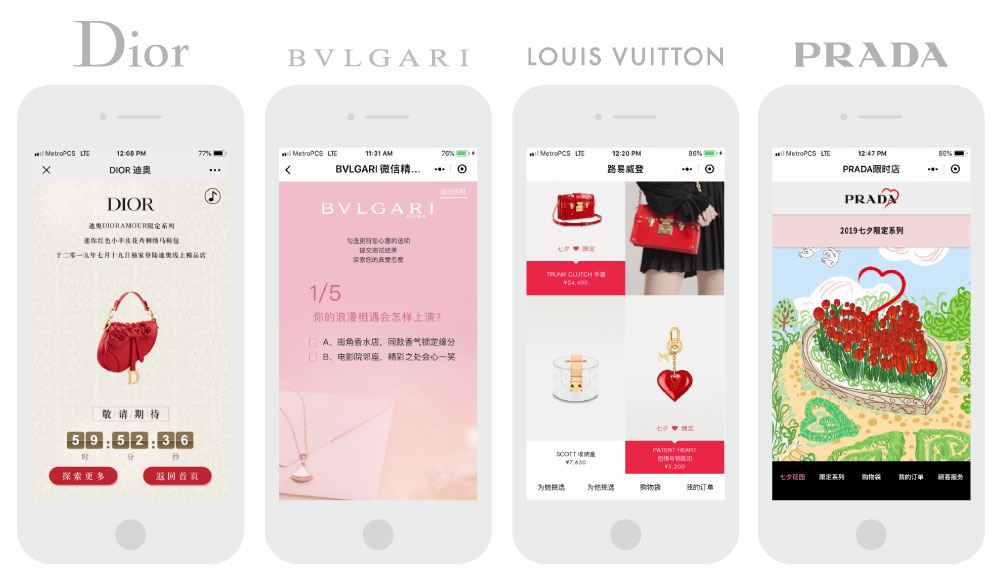
For example, many brands release special edition products or collections in honor of major festivals like the Chinese New Year or the Mid-Autumn Festival.
By tapping into these cultural touchpoints, brands can foster an emotional connection with potential customers that goes beyond just selling products. Localization should go beyond language translation.
E-commerce Strategies
One of the most effective ways to build trust with Chinese consumers is by establishing a strong online presence. With over 900 million internet users in China, e-commerce platforms provide a great opportunity for brands to reach out directly to their target audience.
By utilizing popular Chinese social media marketing and localization strategies, brands can engage with Chinese consumers on a more personal level and build credibility.
Paid advertising on these platforms can help increase brand awareness and reach many potential customers.
For example, in June 2022, Xiaohongshu recorded a staggering 15,945% increase for domestic, China-chic fashion brands alone. However, international brands are not being left behind in the Guochao wave. Now more Chinese consumers are interested in local and foreign brands collaborations, especially in fashion.
Another example, Louis Vuitton is a global luxury brand that has gained trust in China due to its strong brand image and reputation for quality and craftsmanship. The brand has tailored its marketing and product offerings to Chinese consumers, created limited edition collections featuring Chinese elements, partnered with popular Chinese celebrities and influencers, and invested in physical retail stores in China, and established a strong online presence through e-commerce platforms.
Foster Relationships With Key Opinion Leaders (KOLs)
Across China, KOL marketing is a powerful sales channel, with social media influencers being particularly popular in the marketing field. Influencers offer valuable insights about products or services and help consumers make informed decisions about their purchases.
Partnering with trusted KOLs can provide access to targeted audiences and drive engagement through likes, shares, and comments on social media platforms like WeChat, Weibo, Douyin (TikTok), Little Red Book or XiaoHongShu, and Youku Tudou.
One example of effective KOL influencer campaigns was by Mercedes-Benz in China where they worked closely with five top-tier Chinese KOLs to share content related to its GLA model SUV car on various social media platforms.
Through this partnership strategy during the three-week campaign period which included prize contests such as test drives for featured customers selected at random among others, Mercedes-Benz gained nearly 5 million organic views across multiple sites beyond the established fan bases of both Mercedes-Benz and partner brands resulting in rapid growth of sales, and increased brand awareness among potential customers.
Customer Service And After-sales Support
Chinese consumers want peace of mind when purchasing products, which means providing them with reliable after-sales support and customer service can go a long way in building trust.
This includes offering timely responses to inquiries and concerns, easy returns and exchanges policies, and clear communication throughout the entire process.
For example, many successful foreign brands operating in China have adopted local strategies for their after-sales support systems that work efficiently within the country’s unique consumer landscape.
Apple has set up specialized stores across major cities in China where customers can receive product repairs or replacements on-site at minimal costs – boosting their brand reputation while quickly resolving consumer issues. Thanks to rising incomes in China in the past decade, consumption patterns, spending habits, and consumer preferences are changing, and so do the demands for consumer brands.
Joint Ventures With Local Brands
Collaborating with local Chinese partners can provide deep knowledge about the needs, preferences, and habits of Chinese consumers. But joint ventures in China must comply with anti-trust rules, termination rules, and regulations relating to joint ventures with foreign members.
The market can also be quite complex as different groups and regions have different needs and may experience different trends. Urban Chinese, especially wealthier consumers will have different spending patterns and purchasing power than more than half of China’s population living in lower-tier cities and rural areas.
International joint ventures (IJVs) allow partners to move quickly, cost-effectively, and with credibility in the local marketplace. For example, when Apple entered China’s market, they partnered with China Unicom as it had a good reputation among Chinese consumers which provided credibility for Apple’s brand.
However, managing joint ventures in mainland China requires carving out clear leadership roles and making partners more responsible for execution.
We are your local partner in China!
To generate trust among Chinese consumers, a multifaceted approach is necessary, taking into account cultural values, beliefs, and attitudes towards Global brands. Social media marketing is an effective way to reach potential customers, with platforms such as WeChat and Weibo being popular choices.
However, businesses must also be mindful of customer data sensitivity and comply with relevant regulations to avoid negative consequences.

We are a China-based marketing agency offering cost-effective solutions to foreign brands interested in tapping into the Chinese market. Our team of Chinese and foreign experts has the experience and know-how needed to succeed in this lucrative, yet complicated market.
Gentlemen Marketing Agency offers many digital marketing and e-commerce solutions, such as web design, e-commerce and social media marketing strategies, localization, market research, KOL marketing, and more.
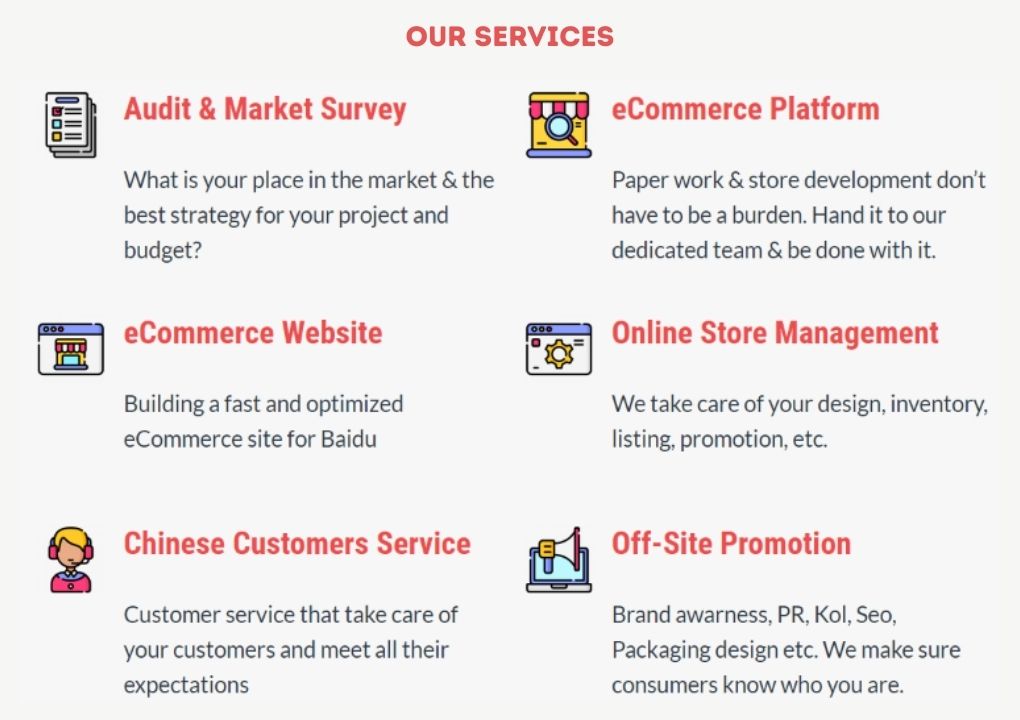
Don’t hesitate to leave us a comment or contact us, so that we can schedule a free consultation with one of our experts, that will learn about your brand and present you the best solutions for your China market strategy.
